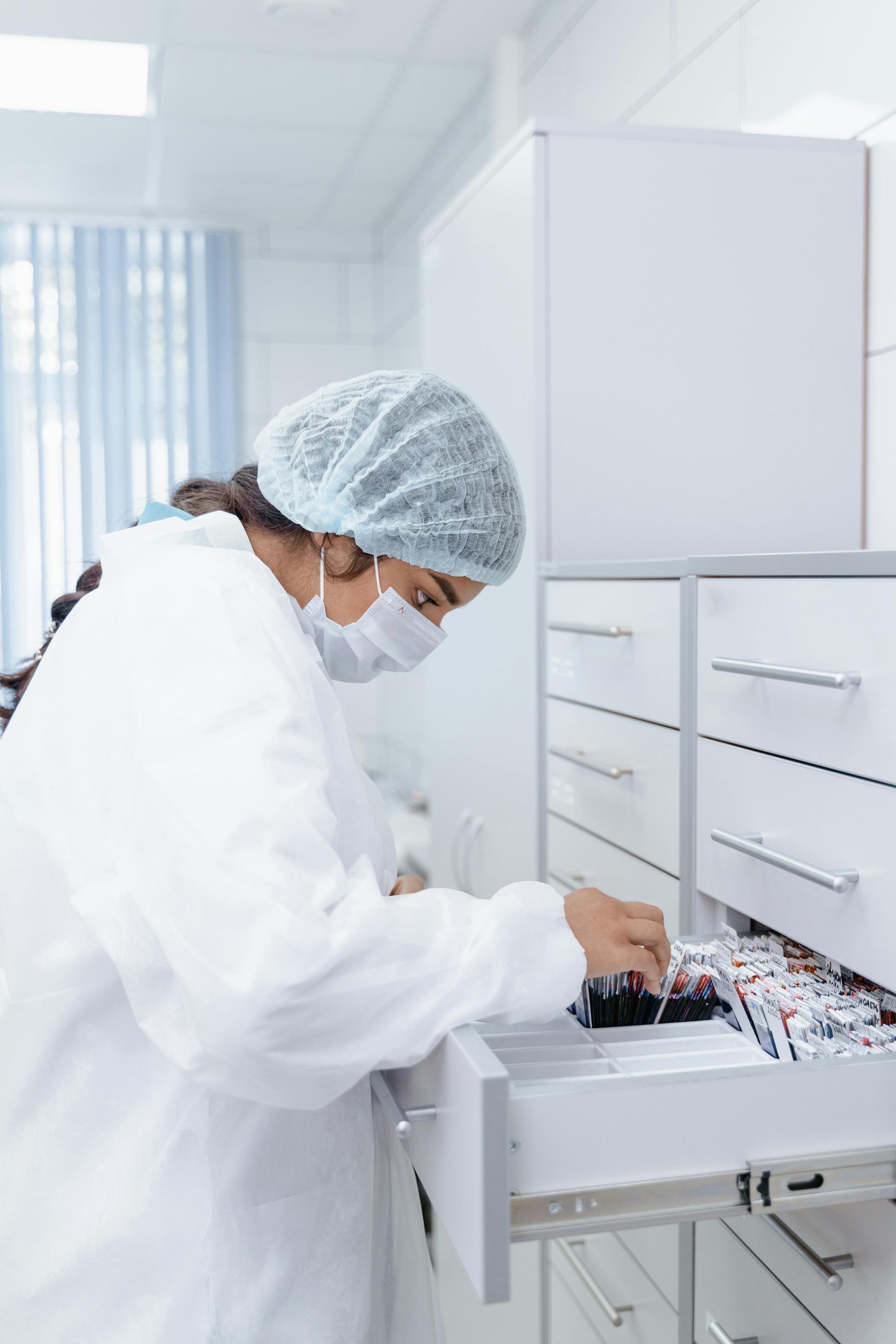The Difference Between Certified and Compliant is cGMP
Manufacturers in the pharmaceutical industry are subject to intense government regulation due to the serious nature of medications. Every pill or injection must be of a high quality standard and effectively treat the patient.
The FDA is responsible for regulating the manufacturing of medications called current Good Manufacturing Practices (cGMP).
What is cGMP? It’s a standard created to guarantee that every pharmaceutical company is producing safe medication. All pharmaceutical manufacturers are required to adhere to this safety standard.
However, the FDA does not require that pharmaceutical companies become cGMP certified. This is an optional certification, but one that’s well worth it. Today, we’re going to examine the difference between cGMP compliance and certification, along with discussing why a business should become certified.
The Vital Difference Between cGMP Compliant and cGMP Certified
The FDA regularly audits pharmaceutical manufacturers to ensure that they are cGMP compliant. However, the FDA does not certify manufacturers, they only determine if the business is in compliance or not.
A manufacturer must demonstrate that they are following the thorough standards set by cGMP in order to be certified. A third-party company, such as CFPIE, will conduct an audit of the manufacturing facility, along with inspecting written policies and examining procedures. If passed, the manufacturer will receive a certification that will last for three years. They will still be audited by the FDA, but having the certification will make the audit process streamlined and pain-free.
All drug manufacturers should conduct regular internal audits to ensure that they will always be found in cGMP compliance, even if they are already certified.
Is cGMP Required for Manufacturers?
Adhering to cGMP is required for pharmaceutical manufacturers. However, manufacturers in other industries have started adopting these practices since they provide tangible benefits and grant insight into the manufacturing process.
Manufacturers making pharmaceuticals will be subject to regular audits by the FDA. If a company is not complying with cGMP regulations, then any medication made by that company is considered “adulterated” under the law,
according to the FDA. This label means that the drug was not manufactured in a facility that complies with cGMP, but does not necessarily mean the drug is “bad.”
Manufacturers who fail to comply with cGMP regulations may have the FDA require a recall of the medications being manufactured. The FDA can’t force a company to recall a drug, but they can seize the drug and warn the public about it.
In short, if a business is manufacturing medication and wishes to grow and thrive, it must become cGMP compliant.
Who Should Get GMPCP Certified?
Generally speaking, it is the facility itself that receives the GMP certification. Operating a cGMP facility is typically done by someone who is GMPCP certified. This simply means that they have taken additional training in Good Manufacturing Practices and have become a Certified Professional (GMPCP).
Any individual who has a job, or wants a job, in pharmaceutical manufacturing management should consider a GMPCP certification a job requirement. This training will impart all of the information required to operate a cGMP facility, in full or in part.
The
GMPCP certification program covers a range of topics related to GMP. Students will thoroughly examine everything that goes into creating a cGMP certified facility, from understanding how to document procedures to learning about training employees.
Business Benefits of Becoming cGMP Certified
We now know that every pharmaceutical manufacturer must become cGMP compliant or they risk their products being seized (if determined unsafe). However, many manufacturers choose to become cGMP certified, even though it’s not required.
Why go through the effort of becoming a GMP certified facility? There are plenty of reasons why many businesses choose to undergo the costly process of becoming certified, such as:
Create a competitive advantage: Showcase your business is going above and beyond the given quality standards by receiving a certification. Consumers and partners will both respect that your organization has exceeded the minimum expectations set for them. If your competition is already certified, you need to catch up. If they aren’t, then you’re poised to gain an advantage over them.- Ongoing personnel development: An aspect of cGMP audits is examining training material to make sure that it is up-to-date. Receiving a certification means your training material meets or exceeds the set standard, which means your employees are prepared to keep the facility GMP certified.
- Added credibility: Receiving a GMP certification proves your organization’s credibility among consumers. They will see that your organization has taken the steps to ensure their safety and may request your medications from their health care providers. While end-consumers may not be aware of this in many situations, doctors and health care providers will likely be aware of your certification and have greater faith in your product.
- Business insights: By preparing for the GMP certification, your organization will be required to thoroughly document all procedures related to the manufacturing of medication. Having this process thoroughly documented may grant insight into how the entire operation could be improved.
Receiving a cGMP certification is the mark of a business that cares about the safety of the general public. It’s not just about remaining in compliance for the sake of it, but for the safety of the people who depend on the medications your business manufactures.
Become cGMP Certified Today
Your business can position itself for success by receiving a cGMP certification. Furthermore, managers and employees can benefit from receiving GMPCP certification. Ultimately, the goal is to guarantee that your business is manufacturing safe medications. Keep this goal in mind, and all the effort of receiving the certification will be worth it.
The courses
offered by CFPIE are designed to prepare manufacturers to receive cGMP certification.
Our qualified instructors and hand-crafted course content are sure to provide students with everything they need to know in order to prepare their facility to receive cGMP certification.
Blog Categories
Stay Informed



